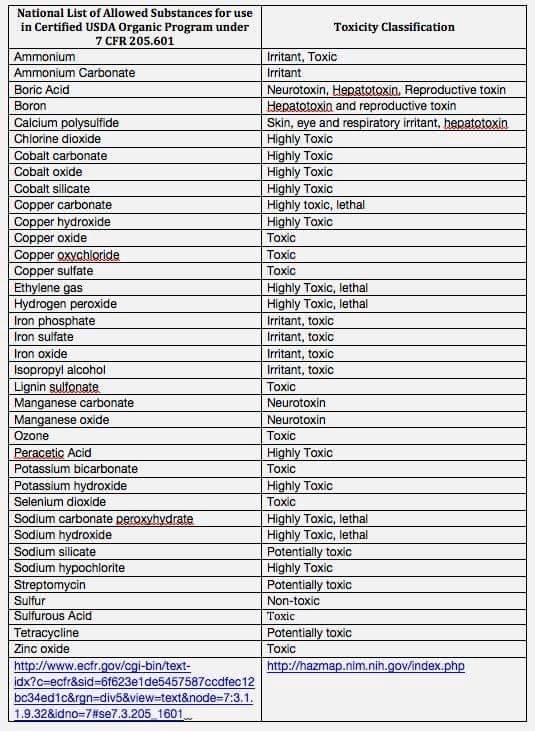Misconception: Organic Products Are Chemical/Pesticide Free
Now really, let's clear things up a little bit here.
Contrary to what many people believe, organic products including crops or livestock are not entirely free of chemicals. Organic food are often deemed as "natural" and therefore marketed as the healthier and safer choice compared to conventional farm products.But is it true, or just another misconception?

Image from pixabay
First, let's see the definition of what an organic food is:
Organic food is food produced by methods that comply with the standards of organic farming. Standards vary worldwide, but organic farming in general features practices that strive to cycle resources, promote ecological balance, and conserve biodiversity. Organizations regulating organic products may restrict the use of certain pesticides and fertilizers in farming. In general, organic foods are also usually not processed using irradiation, industrial solvents or synthetic food additives. - wikipedia
Depending on where you are, organic food producers are mostly regulated by government which requires them to obtain certifications by complying to organic standards set by regional organizations, national governments and international organizations.
In the US, the US Department of Agriculture regulates organic labeling and see that farmers follow strict production requirements if they want to be certified. And because of these strict certification requirements, people think that organic products are pesticide or chemical free. And more and more people are buying it despite its higher-than-usual price tag.
I hate to break it to you but they're not.
In fact, USDA has a National List of allowed and prohibited substances in organic farming. The list includes synthetic substances such as copper sulfate, elemental sulfur, boric acid and various forms of alcohol as allowed substances for use in organic crop production. It also lists non-organically produced chemicals such as food colors as ingredients for processed products labeled as organic.
Here is a chart from ascienceenthusiast listing substance allowed by the National list and their toxicity.

Meanwhile, synthetic substances like Aspirin, Atropine, Flunixin and Fenbendazole are allowed for use in organic livestock production.
Why are most people not aware of it?
Perhaps organic farmers are not doing anything to disclose this vital information. Or consumers do not really look beyond that organic label when buying.
Whatever the case, we have the right to know.
Upvoted by the Minnows Accelerator Project (MAP).
This article was created by a MAP Member.
You can request to join the Minnows Accelerator Project too.
Read all the articles posted by MAP members.
MAP was Created to Encourage Quality Content Creators.
I personally don't believe that ' organic' is truly 'organic'. Because again we have to use ' enhancers' for crops to fully grown for market purposes. If we're farming only for leisure that would contain less chemical but obviously would take a really long time to harvest.
It's also because the mass media who advertise organic label in a way that it's healthier than most of food available in the market.
But if we go to the traditional market, not all of them using 'enhancers' therefore the production cost is really low and it affects the price. I have seen people selling spinach for only 0.3 cents because they're not even farming it. They find it growing wildly in the jungle.
This however sparks another thing to look at. Across Asia, traditional market is often portrayed as dirty compared to supermarket.This cause 'modern' people declining to visit traditional market and rely more on organic labelled food in hope that it would be fresh and healthier. If the government and the people understand and aware about cleanliness. We all wouldn't need to label food as 'organic' because then every food is already 'organic' and even cheaper :)
This is so true especially here in Philippines. Traditional market are being avoided because of that dirty notion. As for me, I buy anywhere. I just washed those vegetables extensibly. :)
Congratulations! This post has been upvoted from the communal account, @minnowsupport, by st3llar from the Minnow Support Project. It's a witness project run by aggroed, ausbitbank, teamsteem, theprophet0, someguy123, neoxian, followbtcnews/crimsonclad, and netuoso. The goal is to help Steemit grow by supporting Minnows and creating a social network. Please find us in the Peace, Abundance, and Liberty Network (PALnet) Discord Channel. It's a completely public and open space to all members of the Steemit community who voluntarily choose to be there.